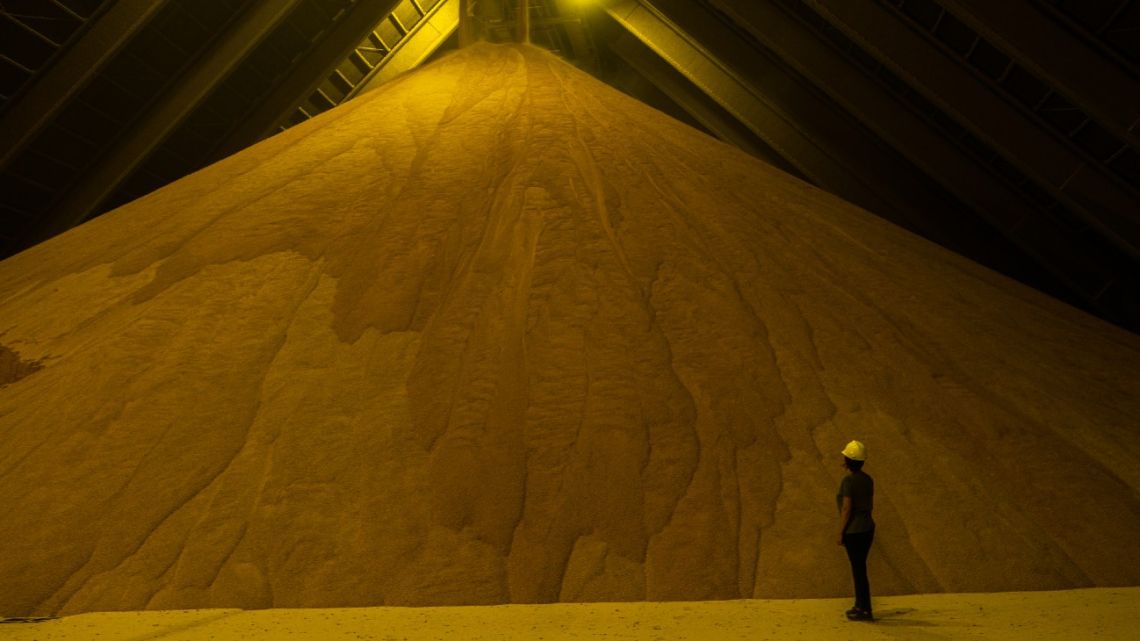Argentina’s government has suspended banknote printing at the Casa de Moneda, the national mint established in 1875. This decision by President Javier Milei’s administration marks a significant shift in the country’s monetary policy.
The move affects around 1,300 employees at the Casa de Moneda. Many workers now face mandatory vacations due to the production halt.
This change comes as Argentina battles severe inflation, with the peso losing significant value. Lower denomination bills have become nearly worthless.
The 1,000 and 2,000 peso notes now equal only one or two US dollars. This devaluation has created storage issues for billions of circulating banknotes.
The Central Bank of Argentina cited high costs, production delays, and contract breaches as reasons for this decision. They claim that printing bills domestically costs twice as much as importing them.
 Argentina Halts Domestic Banknote Production, Turns to Foreign Suppliers. (Photo Internet reproduction)
Argentina Halts Domestic Banknote Production, Turns to Foreign Suppliers. (Photo Internet reproduction)Argentina is now turning to foreign suppliers for its currency needs. China’s Banknote Printing and Minting Corporation and the US-based Crane Currency have secured contracts to produce Argentine pesos.
Government spokesperson Manuel Adorni framed this as an efficiency measure. He stated that printing low-denomination bills no longer makes economic sense.
The focus now is on higher value notes, like the new 10,000 and 20,000 peso bills. Labor unions, however, criticize this move.
Navigating Economic Sovereignty
The Association of State Workers sees it as an attack on Argentina‘s economic sovereignty. They argue that importing currency undermines domestic industry and national independence.
The Casa de Moneda’s future remains uncertain. The government must decide whether to close it, privatize it, or maintain it in a reduced capacity. For now, it will continue producing passports, stamps, and vehicle documents.
This situation reflects broader economic challenges in Argentina, with hyperinflation reaching nearly 300% year-on-year. Milei’s administration is taking drastic measures to address these issues.
The decision aligns with Milei’s libertarian economic policies, prioritizing cost-efficiency over state control. However, it raises questions about national economic autonomy and industrial capacity.
In short, as Argentina navigates these changes, the impact on its economy and workforce remains to be seen.

 By The Rio Times | Created at 2024-10-30 11:03:04 | Updated at 2024-10-30 13:23:29
3 hours ago
By The Rio Times | Created at 2024-10-30 11:03:04 | Updated at 2024-10-30 13:23:29
3 hours ago



